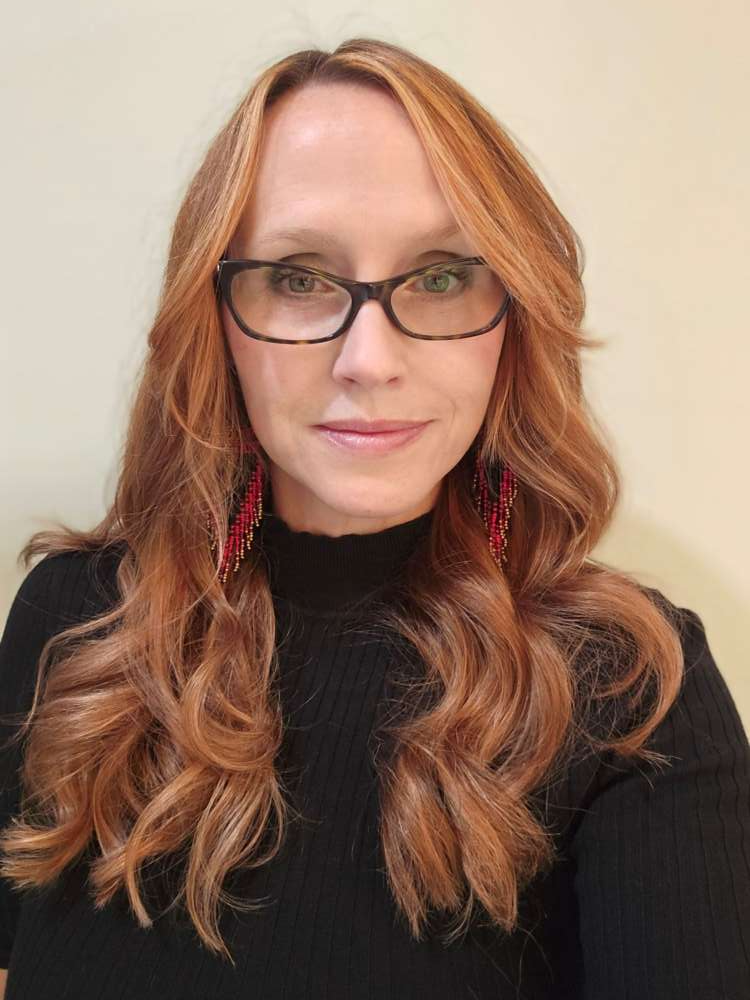Dr. Melissa Perreault, professor of neuroscience in the Department of Biomedical Sciences in the Ontario Veterinary College, has been inducted as a Fellow of the Canadian Academy of Health Sciences (CAHS).
CAHS brings together Canada's leading health and biomedical scientists and scholars to address the country's most complex health challenges. Fellows come from all disciplines across Canadian universities, health care and research institutes to explore these issues and recommend strategic, practical solutions.
"We are so pleased to see Dr. Perreault recognized with this honour from the Canadian Academy of Health Sciences," says Dr. Shayan Sharif, interim vice-president (research and innovation). "From her advancements in translational research to advocating for equity and inclusion in all her work and teachings, she exemplifies research excellence while supporting and empowering communities around her."
Advancing equity and inclusion in health science

Dr. Melissa Perreault
Perreault is a translational neuroscientist who bridges gaps between lab-based research and clinical applications. Most of her studies focus on sex differences in the brain and how they affect conditions like depression, schizophrenia and autism spectrum disorder.
More than that, her entire research program is based on inclusivity, exploring sex-specific biomarkers and drug targets and using this knowledge to inform future treatments. Her team is currently studying what they believe is the first female-specific drug target for depression. She has also spoken about the importance of gender inclusivity in schizophrenia research.
"It's about ensuring there's equity in the way health research is being done and how therapeutics are being developed across the board," says Perreault. "Because sex, gender, and associated environmental interactions can influence neurobiological mechanisms, identifying those differences can help uncover more personalized and effective treatments."
Perreault, who is Métis, also spends much of her time working in the field of Indigenous neuroethics. She uses her voice to educate medical professionals, academics and the public about relationship building and cultural humility, integrating Indigenous knowledge into traditional science platforms, and the importance of data protection and privacy rights when doing public health research with Indigenous communities.
"I'd like to see ethics in health research, particularly neuroethics, become more mainstream," she says. "And for cultural knowledge to be held at the same level as traditional scientific knowledge, because it's equally valuable. I'm honoured to become part of the Academy and use this platform to expand my ability to promote inclusion, indigenization and decolonization."
Supporting future generations of health scientists
Beyond her own research, Perreault makes a point to support scientists like herself who are working in fields that aren't traditionally tied to Indigenous community. She often speaks to Indigenous youth and high school students about how to access the resources and support they need to enter different career paths.
"Indigenous representation is very low in certain disciplines, and I want to help change that. We bring our culture, identity, and knowledge to all fields regardless of the discipline, and the integration of Indigenous and Western knowledge will only promote innovation and scientific advancement. One Health, or complexity science, for example, are built upon the foundation of Indigenous holism; connections between the environment, the body, and even the mind."
Perreault credits much of her success in Indigenous neuroethics to her own mentors and colleagues including Dr. Judy Illes, professor at the University of British Columbia and director of Neuroethics Canada; Dr. Ryan Gregory, professor in the Department of Integrative Biology; and Dr. Lawrence Goodridge from the Department of Food Sciences. Drs. Max Jones and Gale Bozzo from the Department of Plant Agriculture, and Dr. Tariq Akhtar from the Department of Molecular and Cellular Biology, have also been instrumental in integrating holistic plant-based approaches into her translational neuroscience program. Perreault also emphasized that she sees her trainees "not only her colleagues but as the foundation of her translational research."
When asked what advice she would give to early-career researchers looking to make an impact in health science, she says, "Work first on solidifying your own research ideas and program but always keep an open mind about how your research platform and network may be expanded in the future. You might end up going down a path that is enriching, and at the same time one you never expected."










